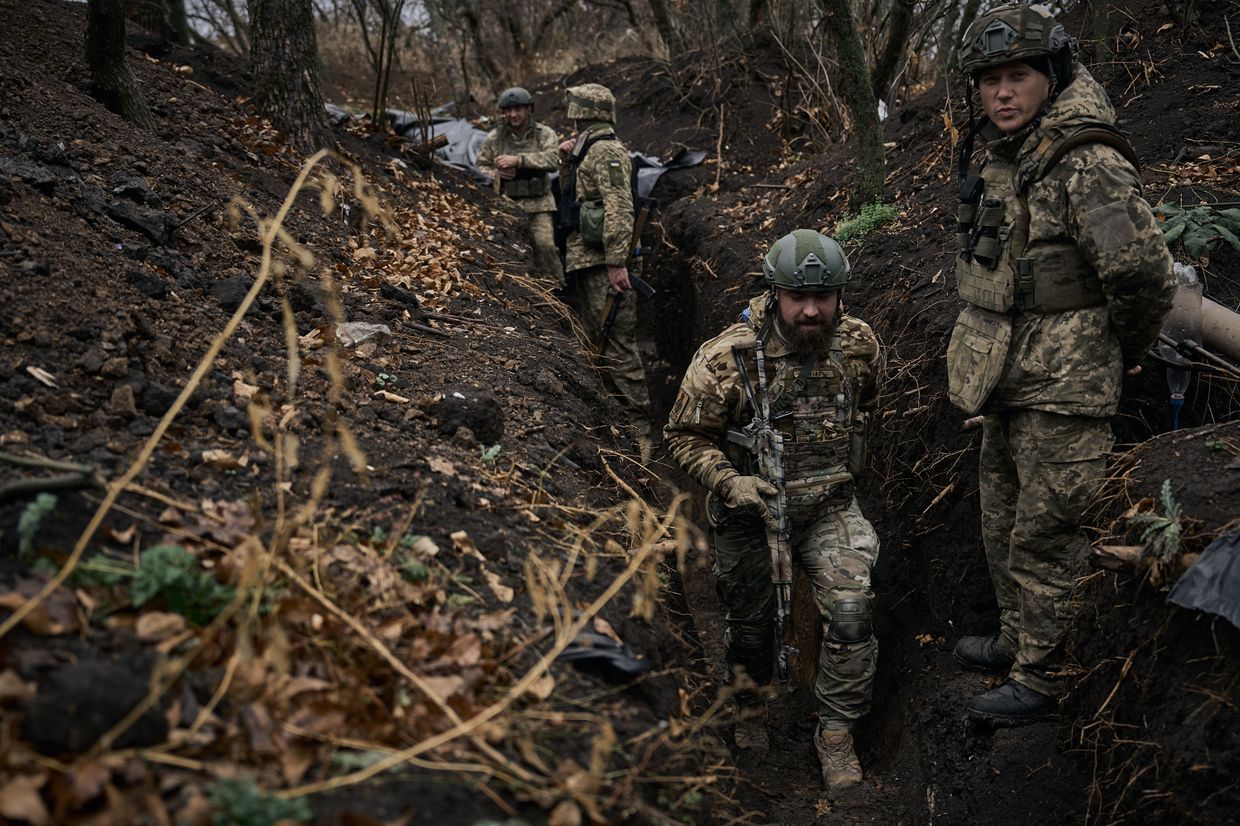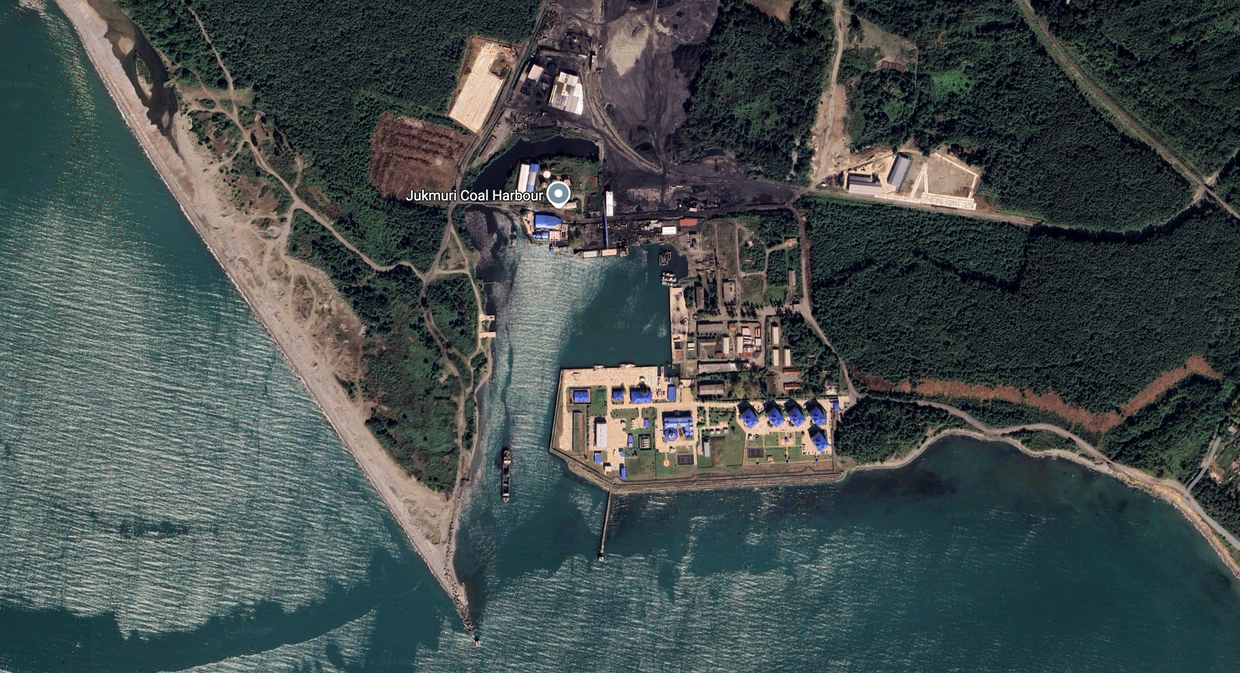Lula pushes China-Brazil 6-point peace plan at UN, already dismissed by Ukraine as 'destructive'
Brazil's President Luiz Inacio Lula da Silva touted his peace plan jointly developed with China at the U.N. General Assembly on Sept.
24, despite the proposal already being dismissed as "destructive" by Ukraine. Condemning the "invasion of Ukrainian territory," Lula said it was now "crucial" to create the conditions needed for peace talks between Kyiv and Moscow.
"This is the message of the six-point understanding that China and Brazil are offering to establish a process of dialogue and an end to hostilities," he added. China and Brazil first put forward the plan in May, setting it up as an alternative to Ukraine's own efforts of initiating peace negotiations and ending Russia's full-scale invasion. The timing of the proposal, not to mention China and Brazil's friendly stances towards Russia, have called into question what their vision of peace would actually mean for Ukraine.
According to Reuters, Lula's foreign policy adviser Celso Amorim will meet with representatives of 20 countries in New York on Friday in an effort to garner support. The outlet said Colombia, Egypt, Indonesia, Mexico, Saudi Arabia, South Africa and the United Arab Emirates are among those who have been invited, but Ukraine's staunchest allies would not attend. The six-point plan, proposed by China and Brazil, refers to the war as a "crisis" and calls for:
- Non-escalation or provocations by either side.
- An international peace conference accepted by both Russia and Ukraine, which includes a "fair discussion" of all peace plans.
- An increase of humanitarian assistance to "prevent a humanitarian crisis on a larger scale," as well as an exchange of prisoners of war, and no attacks on civilians.
- All possible efforts must be made to "prevent nuclear proliferation and avoid nuclear crisis."
- Attacks on nuclear power plants and other peaceful nuclear facilities "must be opposed."
- Enhanced international cooperation on several issues in order to "protect the stability of global industrial and supply chains."
It makes no mention of Ukraine's territorial integrity or the withdrawal of Russian troops from Ukraine.
What the fall of Vuhledar would mean for Russia's war in Ukraine
The long-embattled town of Vuhledar, key to Ukrainian defenses in the southeastern part of Donetsk Oblast, is under threat of encirclement and is being "razed to the ground," according to reports on Sept.
24. Located 50 kilometers south of Pokrovsk, the strategic roadway junction, Vuhledar is often...

China and Brazil proposed and prompted the plan in parallel to Ukraine's ongoing peace efforts based on Zelensky's 10-point peace formula. Zelensky's plan calls for a complete withdrawal of Russian forces from Ukraine, punishing those responsible for war crimes, and the release of all prisoners, among other goals.
A major part of the push for Ukraine's plan was a global peace summit in Switzerland in June. China did not attend the summit despite an invitation, while the Brazilian representative who was present did not sign the resulting communique. In an interview with Brazilian outlet Metropoles published on Sept.
12, Zelensky was scathing about the six-point plan, describing it as "destructive." "You either support the war, or you don't support the war. If you don't support it, then help us stop Russia," Zelensky said.
"(Should we) just give up our land, forget that they are killing our people? "What is the compromise in that? That's why I think it's destructive.
It's just a political statement."
Russia continues construction of naval base in occupied Abkhazia, Ukraine hints it will be legitimate target
Last October, President Volodymyr Zelensky said that Ukraine would strike Russia's Black Sea Fleet wherever it will be stationed -- implying that could also include occupied parts of Georgia, where Russia has kept a garrison and is rumored to be constructing a naval base. "We will reach them everywh...
